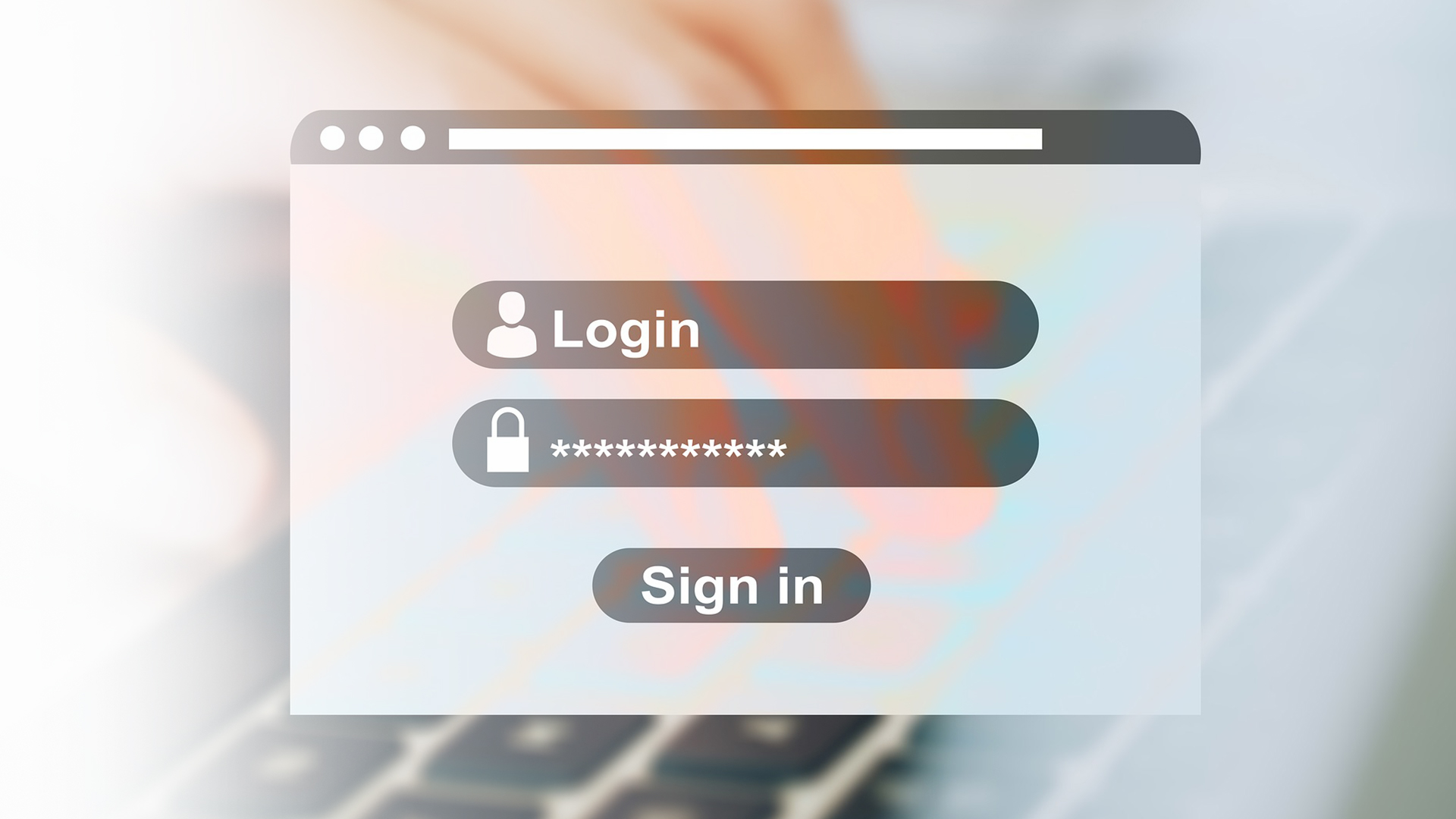As technology continues to advance, so do the methods and strategies employed by cybercriminals. With data breaches and hacking incidents in healthcare clinics on the rise, it’s essential to address the weak links in our digital security, and one of the most common vulnerabilities is the use of easily cracked passwords.
The Current State of Password Security
Despite the countless efforts to raise awareness about password security, many individuals still opt for weak combinations that can be easily guessed. The consequences of such choices can be catastrophic, as cybercriminals actively target these low-hanging fruits.
A study conducted by cybersecurity experts reveals that “123456789” topped the list of the most common passwords, followed closely by “12345679”, “picture1”, “password” and “1111111”. Although most business systems have implemented password policies that prohibit the use of such simplistic passwords, people still use them whenever possible.
Password Hygiene: A Vital Practice
IT departments have emphasized the importance of password best practices, urging users to create complex passwords, change them regularly, and avoid reusing them. After all, passwords act as the keys to valuable information, making it crucial to invest some effort in their creation.
In the past, complexity was often equated with security in the world of passwords. A complex password typically includes a mix of uppercase letters, lowercase letters, numbers, and special characters. However, these passwords often prove challenging to remember, leading individuals to write them down on sticky notes – another high-risk practice that should be avoided at all costs.
The Rise of Passphrases
The cybersecurity community has evolved its approach to password hygiene, moving towards advocating for the use of passphrases. Passphrases replace complexity with length and are easier to remember. They consist of multiple unrelated words like “greenlogicpotatoes”. These words are carefully chosen to not form a coherent sentence, making them relatively easy to remember. The example provided “greenlogicpotatoes” is 18 characters long and would take 23 million years to crack. Adding uppercase characters to create “GreenLogicPotatoes”, would extend the time required to crack the password to 6 trillion years. Further including brackets like “(GreenLogicPotatoes)” would make it virtually uncrackable, requiring 2 quintillion years (please don’t take this as a recommendation to start using GreenLogicPotatoes as your new password).
The Role of Password Managers
Even with the adoption of passphrases, managing multiple unique passphrases can be a daunting task. To avoid the practice of reusing passwords, a password manager is highly recommended. Password managers like LastPass, DashLane, and 1Password, are applications that securely store and manage your list of credentials. These applications can be installed on PCs, tablets, and smartphones with some of them synchronizing credentials across devices. When you visit a sign-in page, the application will automatically enter login information for websites that are recognized. The only password you need to remember is the “master password”; the password manager takes care of the rest. However, it is important that the master password you create is highly secure.
The Path to Enhanced Cybersecurity
In essence, password hygiene is the practice of ensuring that passwords are unique, difficult to guess, and hard to crack. Developing sound password practices at your clinic and in your personal life is the key to reducing the risk of falling victim to hackers.
It’s crucial to remember that passwords are not merely a nuisance but rather the first line of defense in protecting your practice’s technology systems. A strong password can prevent unauthorized access to your accounts and EMR, protect your sensitive patient data, and safeguard your digital identity.
In this age of heightened cybersecurity threads, taking the time to secure your data is not just a suggestion but a necessity. By employing passphrases, using a trusted password manager, and adhering to strong password hygiene, you can significantly reduce your practice’s vulnerability to cyberattacks.
If you have any questions or need assistance in enhancing your cybersecurity, please contact us at info@securesolutionsnow.com. Your digital security is our priority, and we’re here to help you navigate the ever-evolving landscape of cyber threats and defenses.


